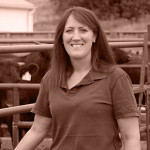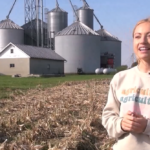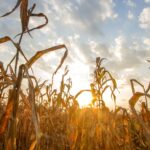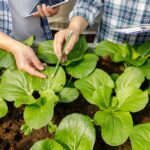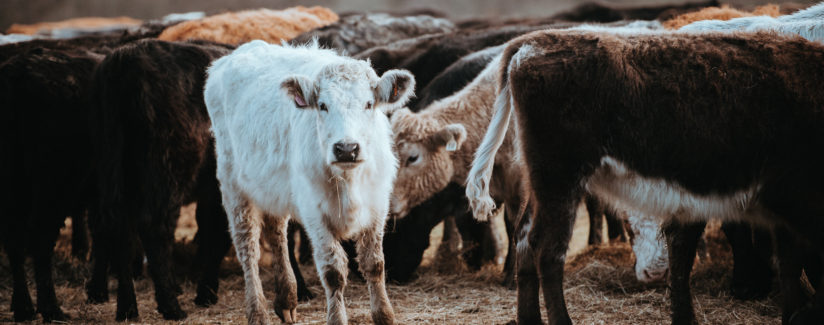
Are Cows Bad for the Environment?
02/28/2019
Do cows harm the planet?
As the world looks for solutions to address climate change, cows have been identified as a source of greenhouse gasses. A report prepared by the EAT-Lancet Commission proposed changes in diet to benefit the climate. The recommendations include eating less red meat and more vegetables. Cattle also received attention in the proposed Green New Deal, which included a description of “farting cows.”
Just how bad are cows? We asked Dr. Jude Capper, a recognized expert in livestock sustainability based in the United Kingdom, to provide some insight.
She told us it is important to keep in mind that all foods have an environmental impact, whether you choose an omnivorous, vegetarian or vegan diet.
“Although all foods vary in greenhouse gas emissions, it’s also important to look at the bigger picture – we need to account for the nutritional value of foods as well as the greenhouse gas emissions,” Dr. Capper said. “For example, lettuce may have a lower carbon footprint per pound than beef, but beef provides far more nutrients per unit of mass. Furthermore, we need to look at the bigger environmental picture – biodiversity, water use, land use and many other factors need to be considered, not just greenhouse gases.”
Agriculture accounts for about 9 percent of all U.S. greenhouse gas emissions, according to the Environmental Protection Agency. The primary source of greenhouse gas is from burning fossil fuels for electricity, heat, and transportation. A government study released in March 2019 found that beef cattle production accounts for 3.5 percent of all U.S. greenhouse gases.
Cows produce about 20 percent of the methane gas generated per year, according to Penn State University. This occurs because cattle have four stomachs; the largest is the rumen, which can hold 40 to 60 gallons of material and has millions of microbes. The microbes digest grass and hay that cows eat to convert it to energy. This process creates methane gas, which the animal belches and releases into the atmosphere.
Does this mean that eating beef and milk that comes from cows is bad for the planet? Dr. Capper said there are several factors to consider.
“We are all lucky to have a huge number of food choices available to us and should make informed choices based on science rather than supposition,” she said. “It’s important that we consider both environmental impact and nutritional value. Ironically, the foods with the lowest greenhouse gas emissions are often syrups and sugars, which are less desirable food choices, health-wise.”
Farmers and ranchers are looking at ways they can reduce the environmental footprint of producing food.
“Farmers and ranchers worldwide have made incredible gains in improving productivity over the years, both in terms of livestock growth and crop production. This allows them to produce more food to feed the growing population, using fewer resources, which is one of the major definitions of sustainability,” Dr. Capper said.
Research has found that changing the foods that cattle eat, such as feeding them seaweed, can reduce the amount of methane gas produced.
If you want to choose beef that is raised in the most sustainable manner, Dr. Capper shared some things to look for.
“Personally, I choose beef that has been raised in efficient systems that take measures to protect the environment, implement responsible use of medicines and have high animal welfare standards. In most cases that means feedlot beef, though it’s worth remembering that all beef systems vary and that there are examples of sustainability excellence across all types of operation. It’s often worth finding a local supplier if you’re able to, though the various assurance schemes also give a good measure of food production information,” she said.
All food that is grown has an impact on the environment. Cows produce methane, which is a greenhouse gas. When weighing food choices and the environmental impact, consider more than greenhouse gases, such as nutrition, biodiversity, land use and other factors.
















